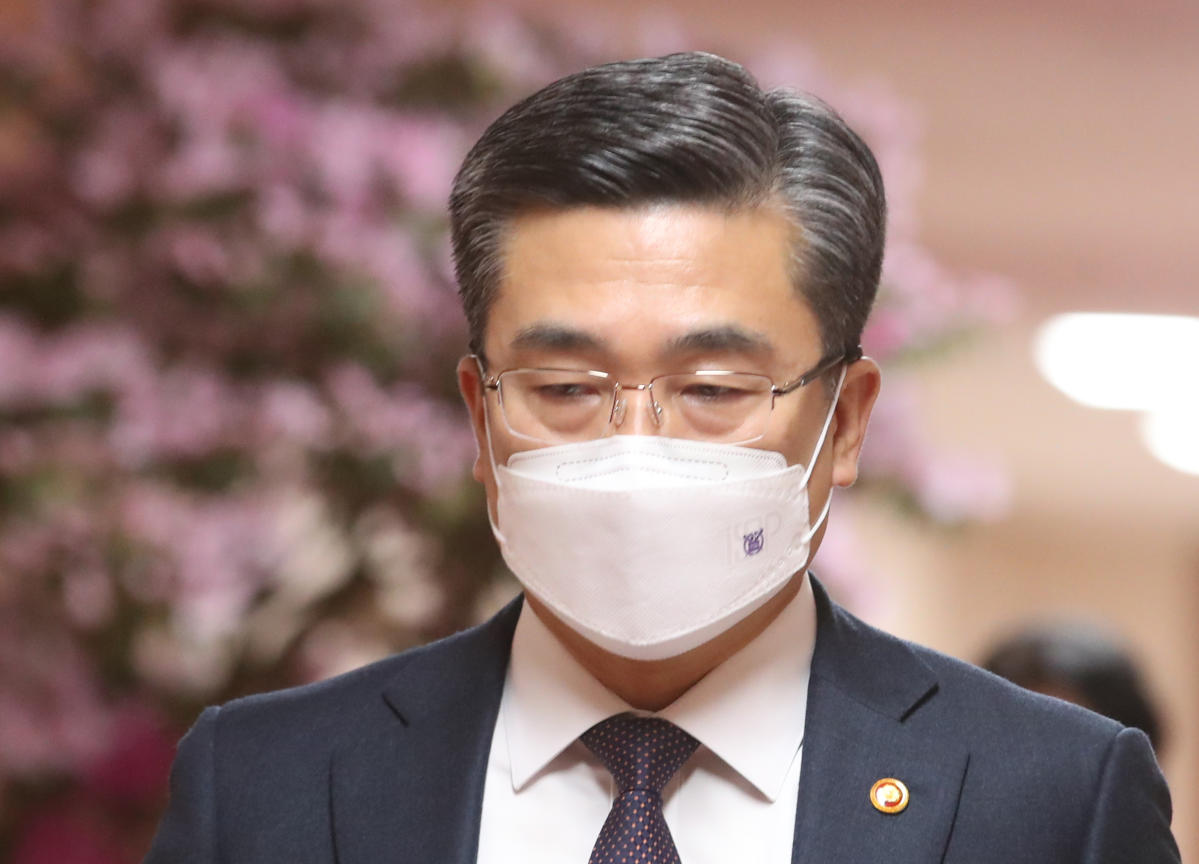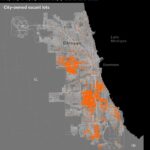
SEOUL, South Korea (AP) — South Korean prosecutors requested arrest warrants on Tuesday for the former defense minister and coast guard chief in the country’s previous government as they investigate its handling of North Korea’s killing of a fisheries official in 2020 near the rivals’ tense sea border.
Since taking office in May, President Yoon Suk Yeol’s conservative government has launched new probes into past issues including the 2020 killing, drawing strong criticism from supporters of the previous liberal government who say the moves are political revenge.
Conservatives suspect the previous government led by President Moon Jae-in falsely described the fisheries official as having been slain while attempting to defect to North Korea, in an attempt by authorities to ease anti-North Korean sentiments at home and pursue closer ties between the countries.
Moon, who advocates reconciliation with North Korea, was credited with facilitating now-stalled nuclear diplomacy between North Korea and the United States and promoting cooperation projects with the North. But his opponents describe him as a naïve North Korean sympathizer whose appeasement policy helped the North buy time and advance its nuclear weapons program despite international sanctions.
The Seoul Central District Prosecutors’ Office said it asked a Seoul court to issue arrest warrants for former Defense Minister Suh Wook and former Coast Guard Commissioner General Kim Hong-hee for alleged abuse of power and falsifying documents related to the 2020 case. It said Suh faces an additional allegation of destroying public records.
The Seoul Central District Court is expected to decide whether to issue the arrest warrants later this week, according to the prosecutor’s office.
Last week, South Korea’s top audit agency demanded that prosecutors investigate 20 people, including Suh and Kim, for allegedly covering up key facts related to the 2020 case. The prosecutors’ office said the arrest warrants aren’t directly related to the audit agency’s demand because prosecutors were already investigating the case.
The Board of Audit and Inspection said its investigation of the Moon government’s handling of the killing revealed that officials made no meaningful attempt to rescue the 47-year-old fisheries official, Lee Dae-jun, after learning that he was drifting in waters near the Koreas’ disputed western sea boundary. After confirming that Lee had been been fatally shot by North Korean troops, officials publicly played up the possibility that he had tried to defect to North Korea, citing his gambling debts and family issues, while withholding evidence suggesting he had no such intention, the BAI said in a statement.
It accused Suh of instructing an official to delete about 60 military intelligence reports related to the incident as the Moon government delayed a public announcement of Lee’s death while debating how to explain it to the public. The BAI also said the coast guard under Kim had manipulated the results of simulations of Lee’s drifting to buttress the claim that he tried to defect.
Moon’s Democratic Party criticized the prosecutors’ request for arrest warrants, saying it might be an attempt by the Yoon government to divert attention from recent foreign policy missteps.
“The attempts to insult the previous government have gotten extremely out of line,” said lawmaker Park Sung-joon, a party spokesperson.
In June, the Defense Ministry and coast guard under the Yoon government reversed the Moon government’s description of the incident, saying there was no evidence that Lee had tried to defect.
In July, the National Intelligence Service filed charges against two of its former directors during Moon’s government for alleged abuse of power, destruction of public records and falsification of documents.
Yoon’s government is also investigating the 2019 forced repatriation of two North Korean fishermen despite their reported wish to resettle in South Korea.
The Moon administration said it expelled the men because they were “heinous criminals” who had killed 16 fellow crew members, and that their statements expressing hopes to resettle weren’t genuine. But opponents of Moon’s government believe it repatriated the fishermen to appease North Korea.




